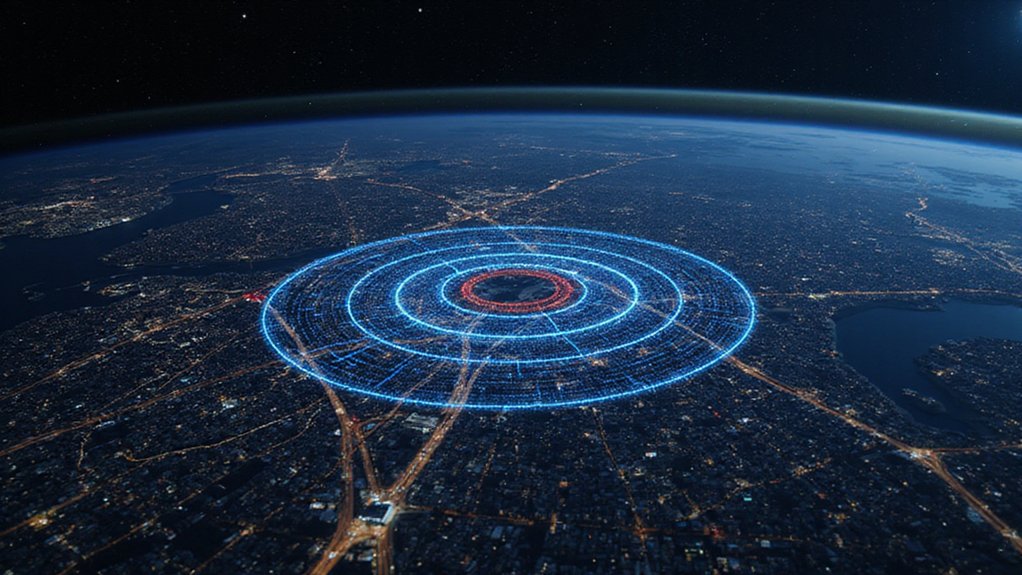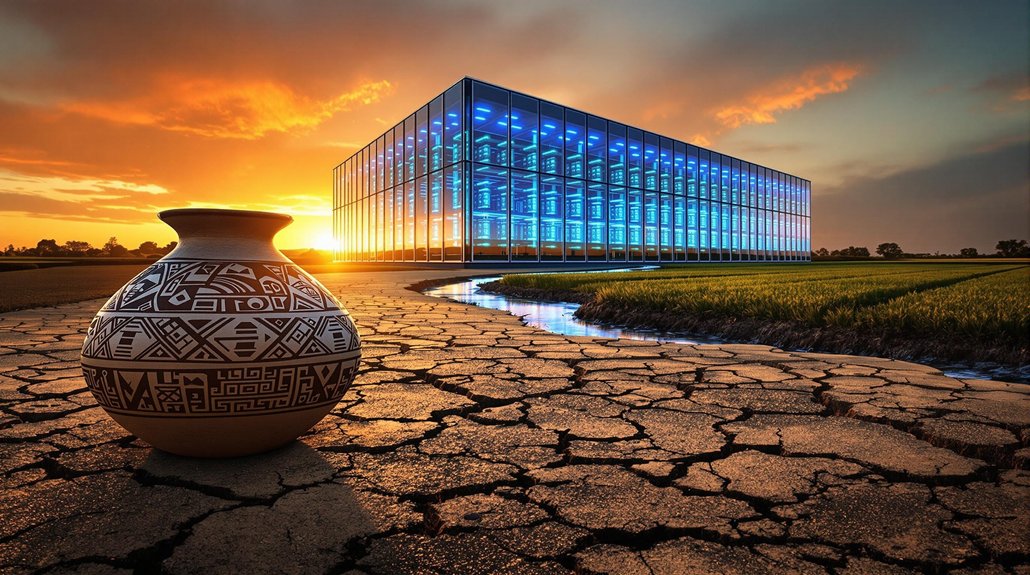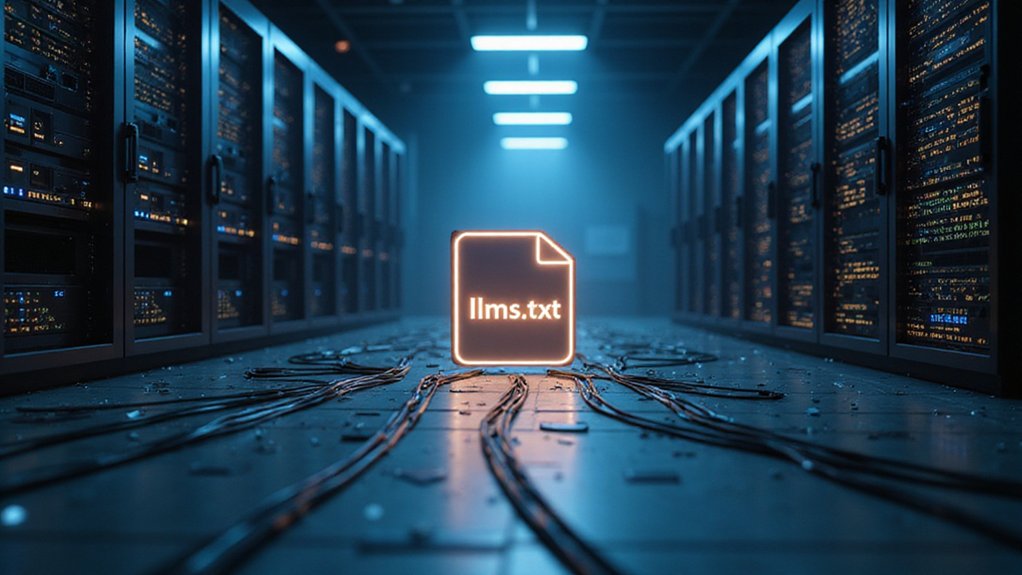How exactly did lying in politics get an AI upgrade? Politicians have always stretched the truth, but artificial intelligence just handed them a nuclear weapon. The 2024 election cycle shows what happens when deepfakes meet democracy, and spoiler alert: it’s not pretty.
India saw dead politicians giving speeches. Let that sink in. AI-generated videos brought deceased leaders back to life, swaying voters at rallies. Mexico’s presidential candidates got the same treatment, with fake videos spreading faster than fact-checkers could say “that’s not real.” South Africa and European Parliament elections? Same playbook, different continent.
Dead politicians giving AI-powered campaign speeches is democracy’s new nightmare fuel.
The production chain behind these lies runs like a well-oiled machine. Professional teams create content, distribute it, and watch it explode across social media. It’s not some basement operation anymore. These are sophisticated campaigns with serious money behind them. AI has made bot accounts virtually undetectable while dramatically reducing operational costs, allowing bad actors to flood platforms with authentic-looking disinformation at unprecedented scales.
Speaking of money, political groups are throwing cash at this problem like it’s going out of style. Wisconsin alone is looking at $423 million in AI-influenced digital campaign spending for 2024. Sixty million of that goes to targeted online and TV ads. They’re not just buying ads; they’re buying precision-guided missiles aimed at specific voters’ beliefs.
People are freaking out, and honestly, they should be. A recent survey found 83.4% of adults expressed concern about AI spreading misinformation in the 2024 presidential election. Surveys show voters across party lines worry AI will supercharge misinformation. They’re not wrong. When you can’t tell real from fake anymore, democracy gets shaky. Trust in political information? That’s circling the drain.
Social media platforms can’t keep up. By the time they spot and remove AI-generated lies, millions have already seen them. The viral nature of these platforms turns every fake video into a wildfire. Even people without internet access aren’t safe—this stuff gets shown at public gatherings and spreads offline. Much like police departments using facial recognition technology that has led to wrongful arrests due to misidentification, election disinformation similarly targets vulnerable populations with dangerous consequences.
The damage goes beyond individual elections. AI-powered lies are eroding faith in democratic institutions, pushing political polarization to new extremes, and creating social unrest. Marginalized communities often bear the brunt, targeted with tailored misinformation they’re less equipped to verify.
Democracy’s facing its biggest test yet, and the enemy looks exactly like the truth.
References
- https://misinforeview.hks.harvard.edu/article/the-origin-of-public-concerns-over-ai-supercharging-misinformation-in-the-2024-u-s-presidential-election/
- https://securityconference.org/en/publications/analyses/ai-pocalypse-disinformation-super-election-year/
- https://magazine.cs.cmu.edu/ai-and-the-election
- https://pbswisconsin.org/news-item/ai-media-manipulation-and-political-campaign-lies-in-2024/
- https://allianceforscience.org/blog/2025/03/ai-generated-disinformation-already-an-enemy-of-democracy-in-the-digital-age/









